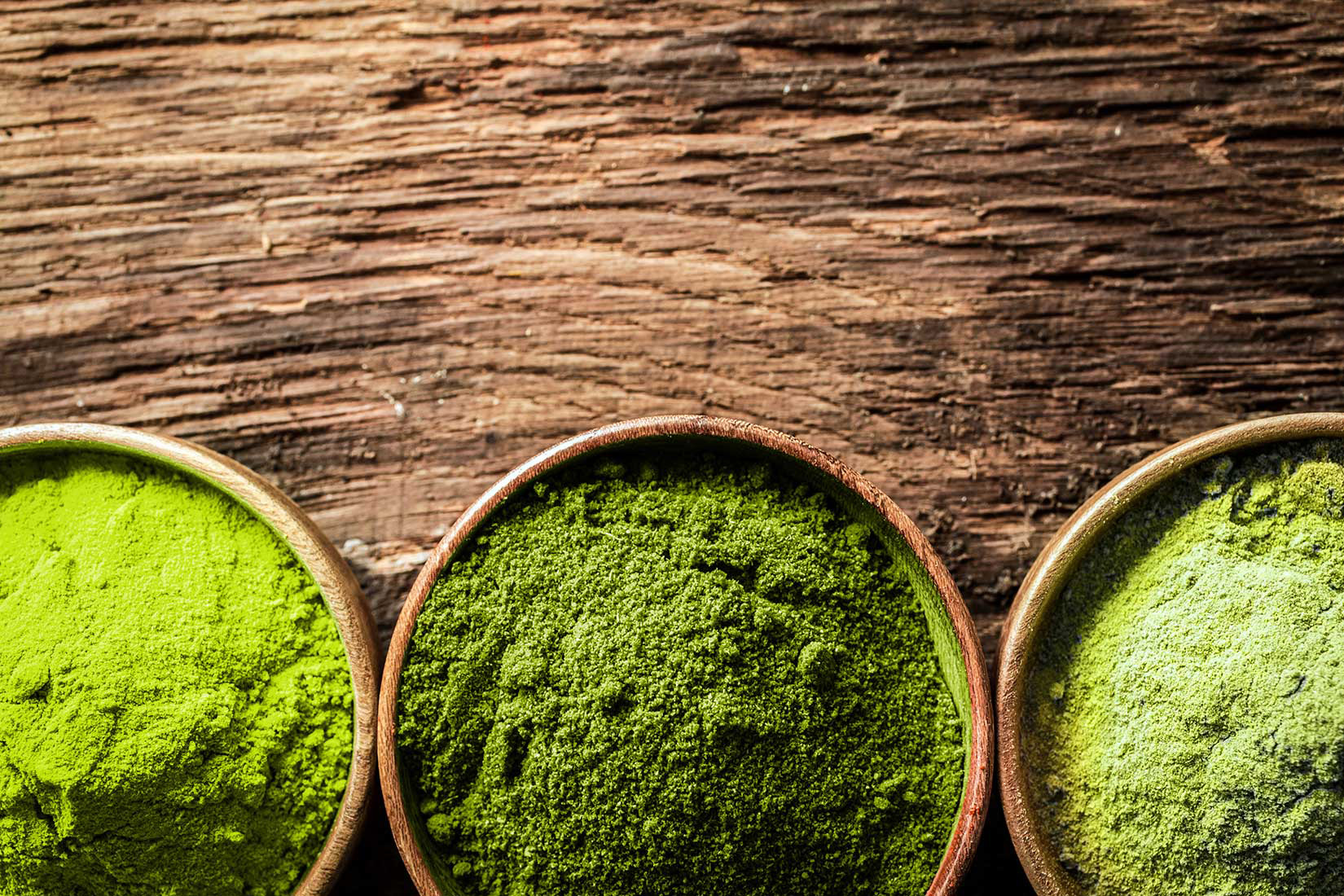
Kratom, a tropical tree native to Southeast Asia, has garnered attention in recent years for its potential therapeutic effects, including its purported ability to alleviate anxiety. However, the use of grams of kratom for anxiety is a topic of debate among researchers and healthcare professionals, as its safety and efficacy remain uncertain, and there is limited scientific evidence to support its use for this purpose.
Kratom contains two main psychoactive compounds, mitragynine and 7-hydroxymitragynine, which act on opioid receptors in the brain. These compounds produce both stimulant and sedative effects, depending on the dose consumed. Proponents of grams of kratom suggest that its anxiolytic effects may stem from its ability to modulate neurotransmitter activity in the brain, particularly serotonin and dopamine, which are involved in mood regulation.
Some users report that kratom can help alleviate symptoms of anxiety, such as racing thoughts, restlessness, and tension. They claim that it promotes relaxation and a sense of calm without impairing cognitive function or causing sedation to the extent of prescription medications like benzodiazepines.

However, the evidence supporting these claims is largely anecdotal, and there is a lack of rigorous clinical research to validate the safety and efficacy of kratom for anxiety. Most of the available studies have been conducted on animals or in vitro (outside of a living organism), and human studies are limited in number and scope.
One challenge in assessing the potential benefits of kratom for anxiety is the wide variability in kratom products, including differences in potency, purity, and the presence of contaminants. Kratom is not regulated by the Food and Drug Administration (FDA) in the United States, and there are concerns about the quality and consistency of commercially available kratom products. Without standardized formulations and dosing guidelines, it is difficult to draw conclusions about its effects on anxiety.
Moreover, kratom carries risks and potential adverse effects that must be considered. At higher doses, kratom can cause sedation, dizziness, nausea, and constipation. Long-term use of kratom has been associated with dependence, tolerance, and withdrawal symptoms upon cessation, similar to those seen with opioid drugs. There have also been reports of kratom-related adverse events, including seizures, liver toxicity, and even death, although these are relatively rare and often involve other substances or underlying health conditions.
Given these concerns, healthcare professionals generally advise caution when considering the use of kratom for anxiety or any other condition. Individuals with anxiety disorders should consult with a qualified healthcare provider before using kratom or any other herbal supplement. Alternative treatments for anxiety, such as psychotherapy, cognitive-behavioral therapy, and FDA-approved medications, may offer more reliable and evidence-based approaches to managing symptoms.








